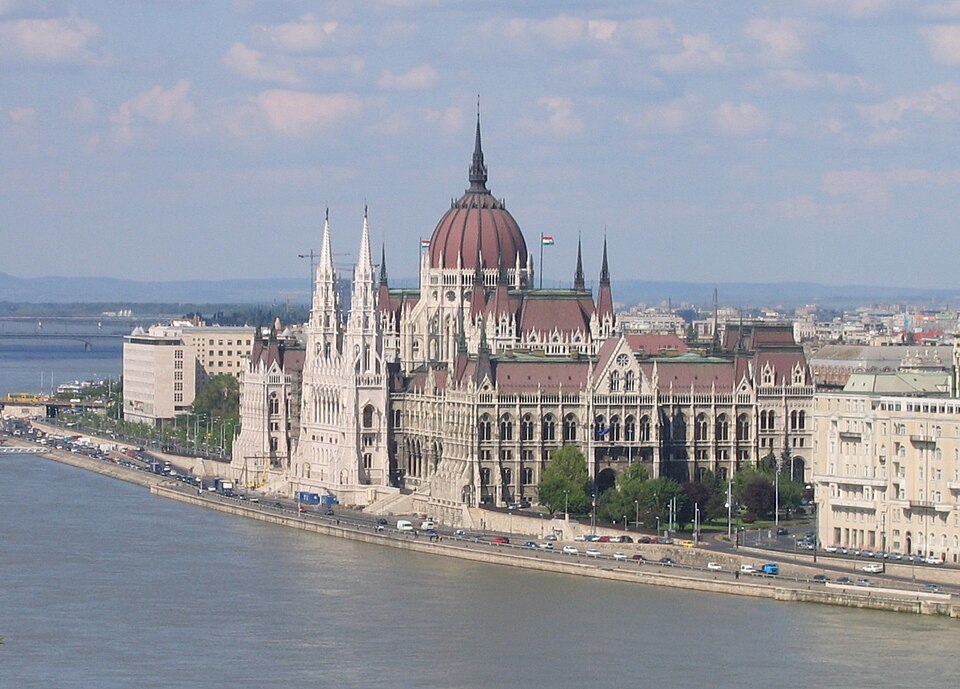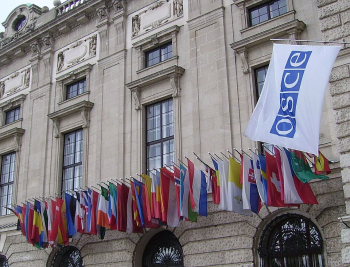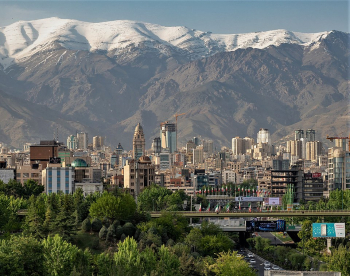
On May 27, 2025, the European Commissioner for Democracy, Michael McGrath, expressed serious concerns about the state of the rule of law in Hungary during a briefing in
Brussels ahead of a meeting with European foreign affairs ministers. This development underscores ongoing tensions between the European Union and Hungary, led by Prime Minister Viktor Orbán, whose government has faced criticism for policies perceived as undermining democratic principles. The EU’s scrutiny of Hungary reflects broader challenges in maintaining democratic standards across member states, particularly as populist movements gain traction.
Hungary’s rule of law issues have been a recurring point of contention within the EU. McGrath’s remarks highlight specific worries about judicial independence, media freedom, and the erosion of checks and balances under Orbán’s administration. The European Commission has previously taken action against Hungary, including withholding billions of euros in EU funds due to concerns over potential misuse linked to democratic backsliding. This financial leverage is part of the EU’s strategy to pressure Hungary into aligning with democratic norms, but it has also fueled accusations from Orbán’s government that the EU is overstepping its authority.
The context of McGrath’s statement is significant. As the EU’s new justice commissioner, McGrath faces a confirmation hearing in the European Parliament, where his role will be to uphold democratic values across the bloc. His comments signal a proactive stance, suggesting that the Commission is prepared to escalate measures if Hungary does not address these concerns. This could include further sanctions or legal proceedings, building on existing disputes, such as those related to Hungary’s controversial laws on media and judicial reforms.
Public sentiment, as reflected in posts on X, reveals a polarized view. Some users accuse the EU of imposing a “dictatorship” by sanctioning Hungary and censoring dissenting voices, particularly on issues like the Ukraine war. Others, including international media freedom advocates, urge the EU to prioritize protecting independent journalism and countering disinformation, as seen in a recent submission by the International Press Institute to the EU’s Democracy Shield consultation. These contrasting perspectives highlight the delicate balance the EU must strike between enforcing democratic standards and respecting national sovereignty.
Hungary’s case is emblematic of broader challenges facing European democracy. The rise of populist and nationalist movements has strained the EU’s cohesion, with leaders like Orbán framing EU interventions as attacks on national identity. Meanwhile, the EU’s actions, such as the establishment of a democracy monitoring group in the European Parliament, demonstrate a commitment to safeguarding liberal democratic values. This group, formed to address democratic backsliding in countries like Hungary and Poland, underscores the EU’s determination to hold member states accountable.
The implications of this standoff are significant. If unresolved, Hungary’s defiance could embolden other member states to challenge EU authority, potentially weakening the bloc’s democratic framework. Conversely, excessive EU pressure risks alienating Hungarian citizens, who may perceive it as external interference, further fueling populist narratives. As McGrath prepares for his role, his approach will likely shape the EU’s strategy in navigating these tensions, balancing diplomacy with firm action to uphold the rule of law.
In conclusion, the EU’s concerns over Hungary’s rule of law reflect a critical moment for European democracy. With McGrath’s leadership, the Commission aims to reinforce democratic standards, but the path forward requires careful negotiation to avoid escalating tensions. The outcome will test the EU’s ability to maintain unity and democratic integrity in the face of internal challenges. Photo by Andrew Bossi, Wikimedia commons.















